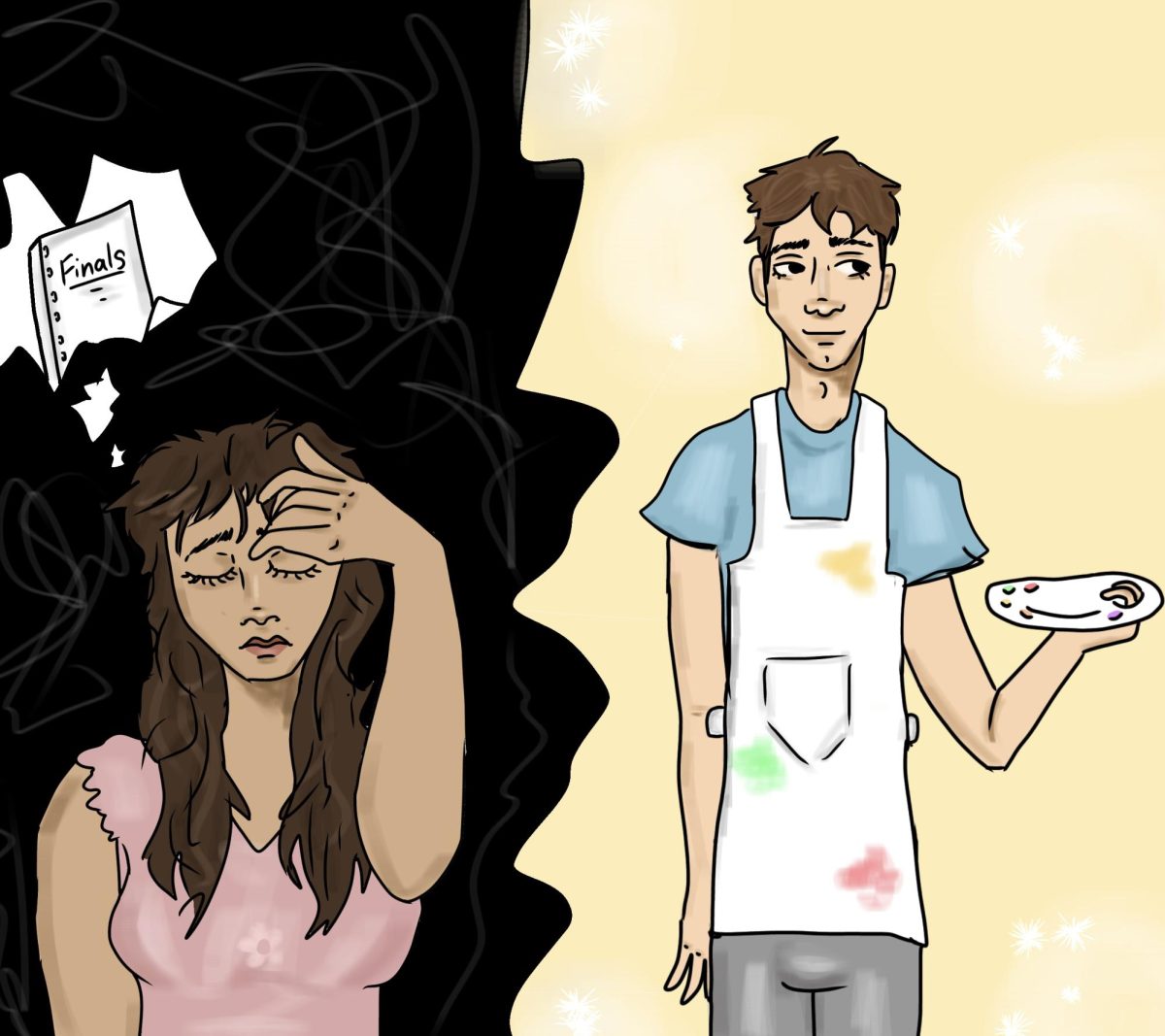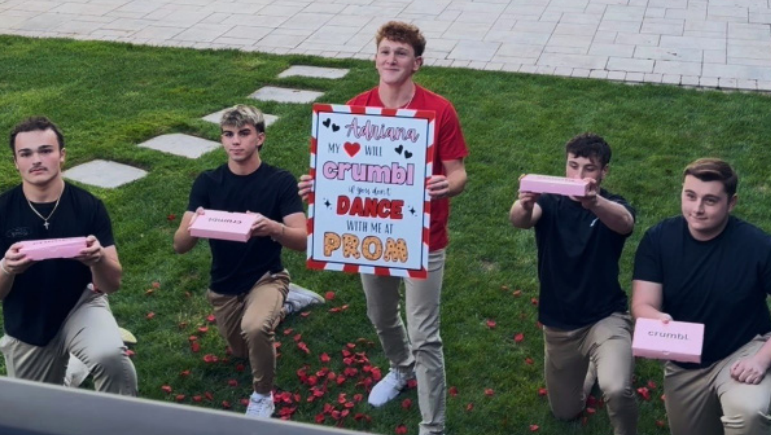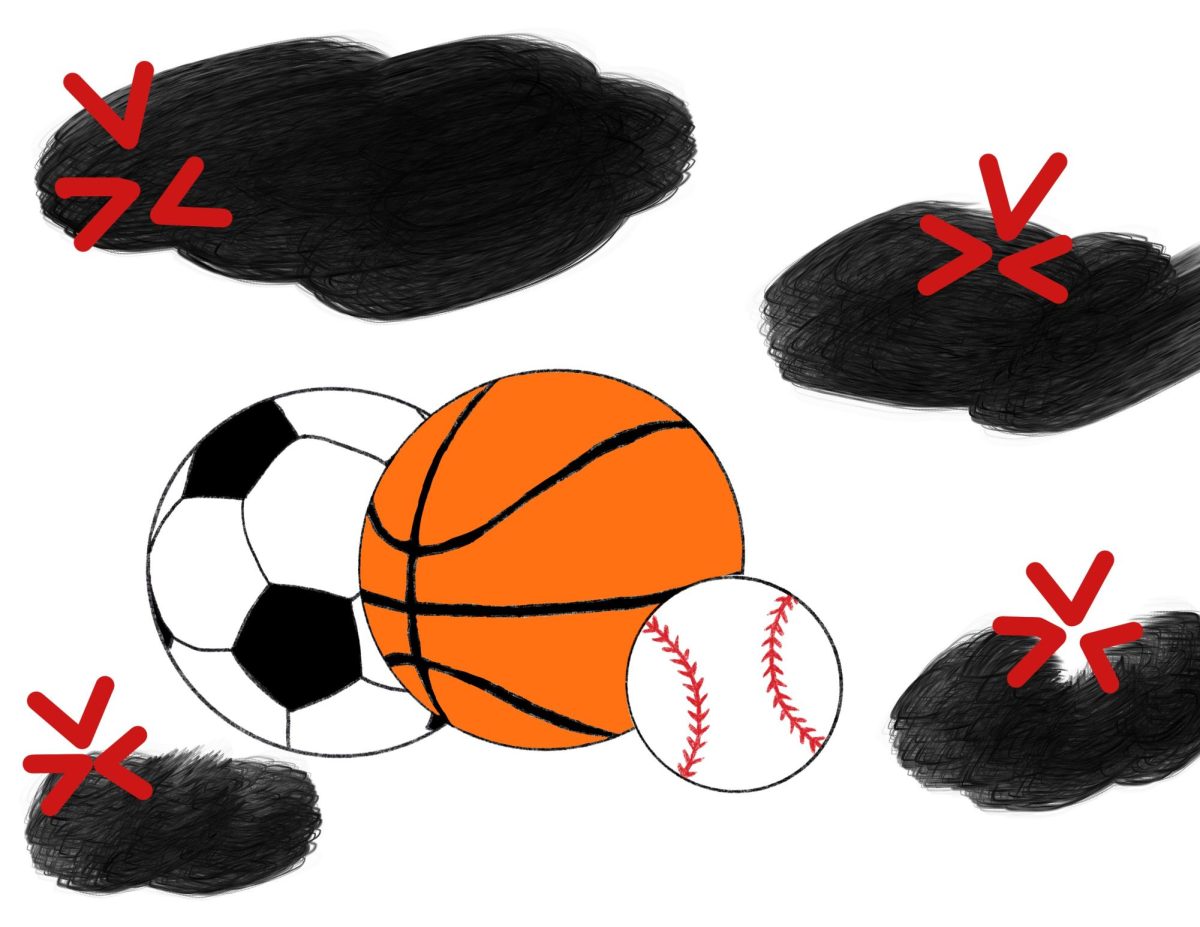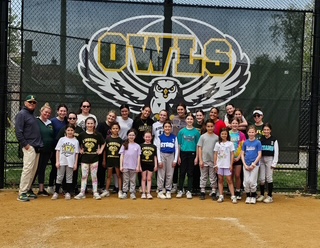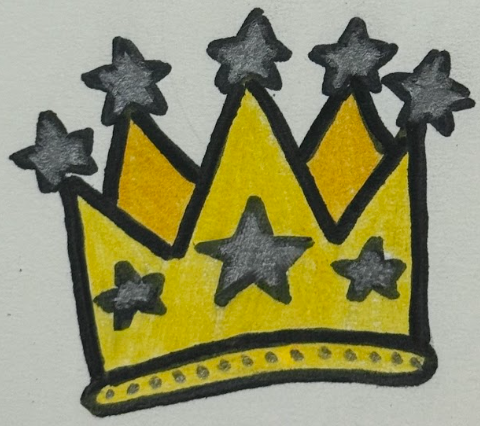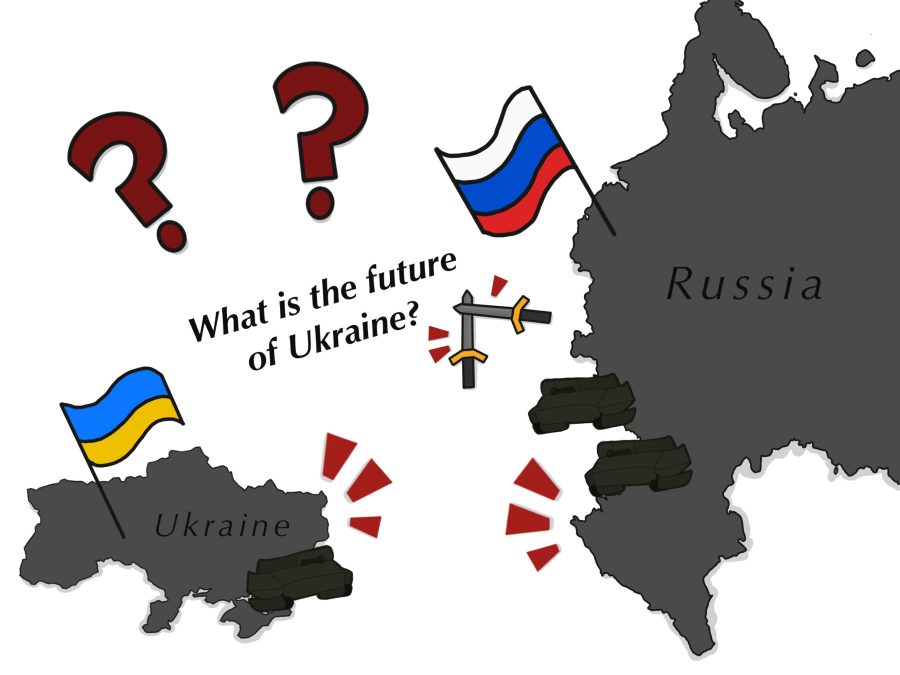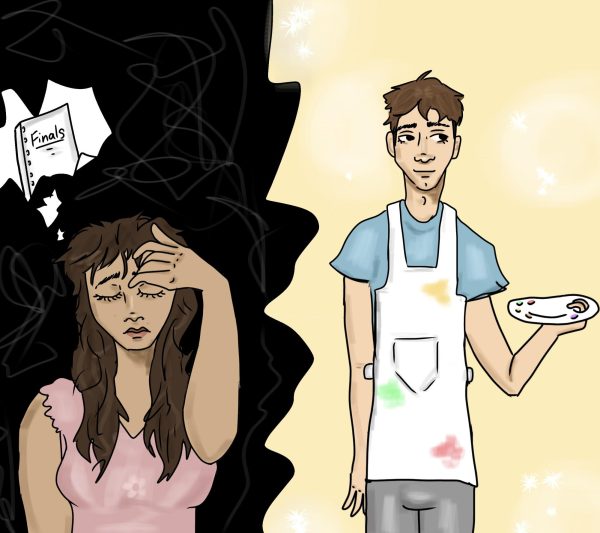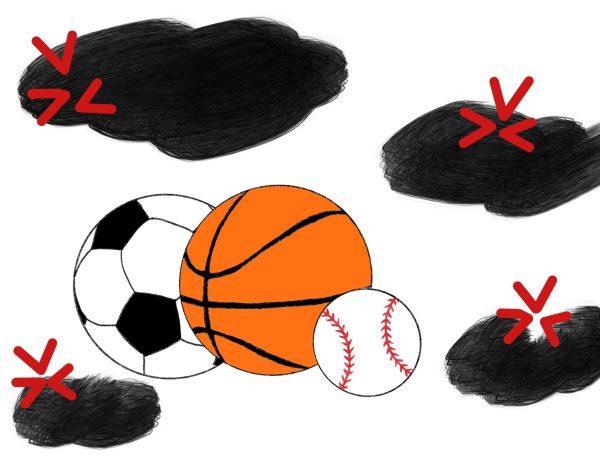Conclusion of the Conflict: The Future of the Russian/Ukrainian War
It has been a mere ten months since the Russian invasion of Ukraine. The war has been a poignant one, and it has not only impacted Eastern Europe, but the entire world. The conflict is complex and, unlike popular Western belief, does not solely rest on Ukraine’s desire to join NATO, with whom relations began in the early 1990s. The truth is that, ultimately, all wars must end, and yet there is a brimming uncertainty about when this one will. However, no matter when, there will be serious societal, civil, and governmental changes not only for Ukraine and Russia, but also for the world.
Recently, the crash of a missile on NATO territory — Przewodów, a town in eastern Poland near the country’s border with Ukraine — has been a point of significance in Ukraine’s political relations. The crash killed two men. Many originally suspected the crash to have been a Russian attack, yet after further investigation, it was found quite probable that the strike was itself a wayward Ukraine defensive missile. If the strike had been a Russian attack, this could have immediately caused NATO to intervene in the Russia-Ukraine conflict. However, while it was more an accident on Ukraine’s part, this may cause extra strain between NATO and Ukraine relations. A preoccupied President Zelensky argued that there should be a more in-depth exploration of the accident. NATO and President Biden, on the other hand, said that it was unlikely that Russia had fired the missile, but this does not seem to have strongly affected relations between Ukraine and the U.S.
In addition to its impacts on international politics, the war has caused a significant change in global economics, affecting the world’s mass production and fabrication. Ukraine is one of the world’s largest wheat-producing countries, and the war has bitten deeply into the crop’s supply chain; Russia is a main exporter of gas and oil products.The sanctions placed on these goods have greatly impacted many countries’ economies, in particular the U.S. economy. The war has played a role in the nation’s soaring inflation crisis, which has consisted of high gas and food prices, further exacerbating many national issues. Russia has struggled due to the aforementioned sanctions, but despite the loss of brilliant workers, international company withdrawals, and a loss of output and influx in terms of global resources, the economic impact on the country has been nowhere near the same as the economic impact on Ukraine. Life has essentially come to a full stop for many Ukrainians — how can work go on when there is a war outside of one’s front door? According to the Foreign Policy website (foreignpolicy.com), Ukraine’s economy is projected to shrink by nearly 35 percent by the end of 2022. Also, the priorities of the country’s spending have been swayed due to the conflict, with more funds being allocated towards national defense (weapons, missiles, and the like) and decreased spending on trading ports and agricultural centers.
What does Ukraine itself look like? There have been an estimated 40,000 civilian casualties due to the conflict, as well as 15 to 30 million individuals displaced, according to General Mark Milet, chairman of the Joint Chiefs of Staff in the U.S. Department of Defense, in an interview with The New York Times (nytimes.com). To put these numbers into perspective, the World Bank estimated that the 2020 population of Ukraine was 43.81 million people. Many Ukrainian children have been displaced and moved to Russian camps. U.S. and Ukrainian authorities have claimed that Russian forces have taken over 2,000 children, most of which have been forcibly assimilated into Russia by its government. Many individuals who have been displaced have begun to settle into their new homes in nearer countries such as Poland and Romania or farther countries like the U.S. Halyna Tarasevych, one of these displaced individuals, and her two children, Olena and Mykola, were granted asylum in Switzerland. The children’s father, Oleh Tarasevych, is still in Ukraine due to the prolonged mandatory state service for men. Tarasevych and her children expressed to Al Jazeera Media Network (aljazeera.com) that “…they are fully committed to a new life in Switzerland.” It is difficult to be a refugee, especially if the reason for one’s refuge is a war. With the nebulous nature of Ukraine’s future, many may not desire to return, unless there is a driving force causing them to desire it. With this in mind, there would be a drastic increase in the diaspora of the Ukrainian people, as well as a corresponding decrease in the population size in Ukraine.
Though much is still unknown, there are several possible outcomes for the war in Ukraine. If Russia were to win the war, there would be a major destabilization of Eastern Europe, with Russia gaining control of several nearby nations. This could further spark a nuclear war between the U.S. and Russia, or even for the entire world. However, the current probability of Ukraine winning the war is high, with ardent global support from many powerful countries, including those in Western Europe. For Ukraine to win the war, this support must continue, and thought must be given to what happens in the war’s aftermath. Ukraine’s victory would not be a perfect win with all hardships resolved as the grime of desolation is one that is not easy to wash off.

I’m a member of the Class of 2025. When I’m not writing, editing, or helping lay out Horizon’s print editions, I like to rock climb, learn about...






